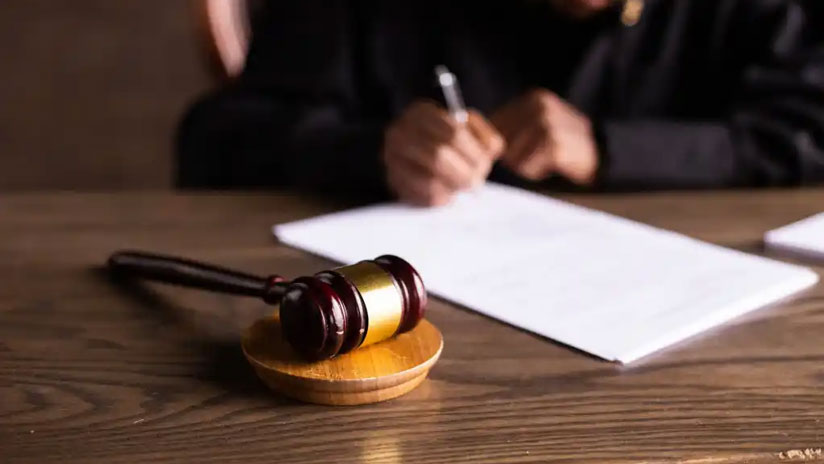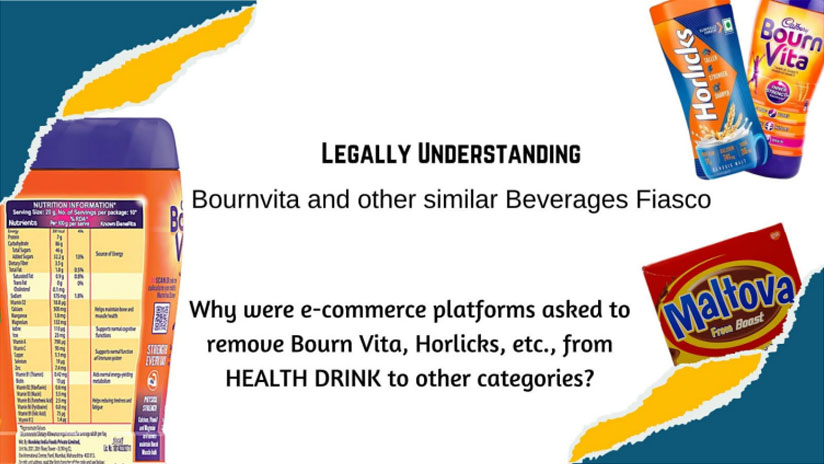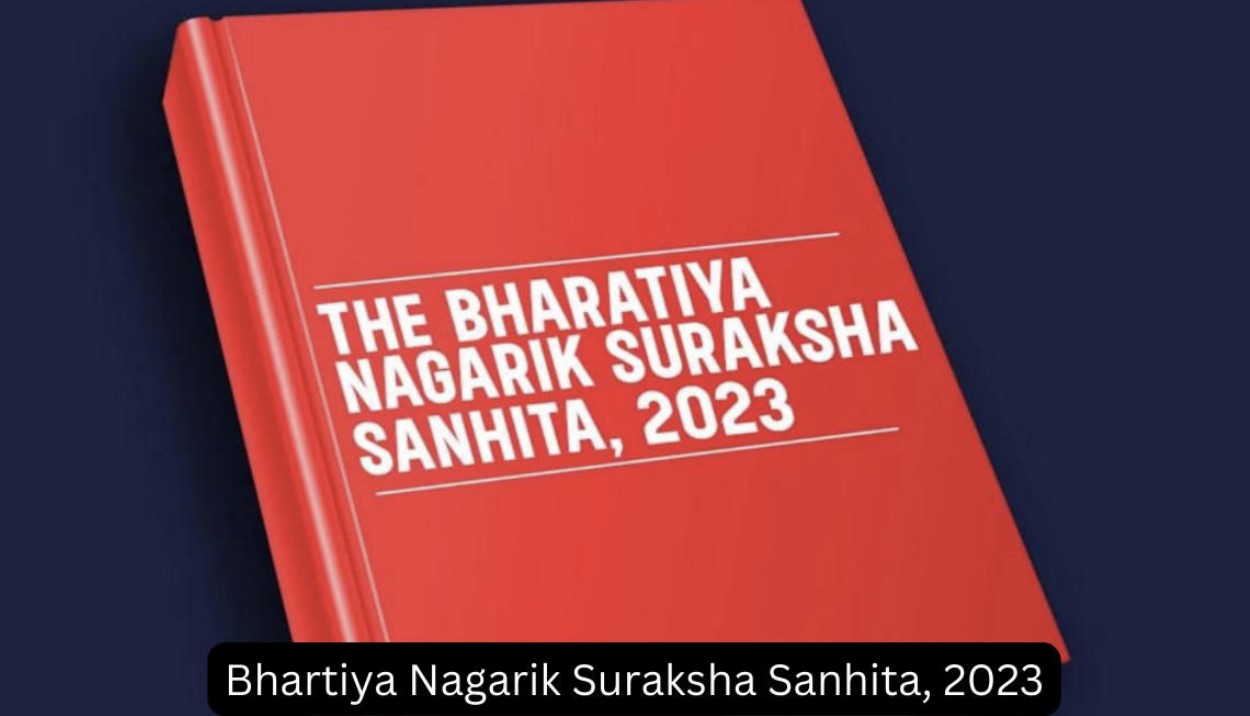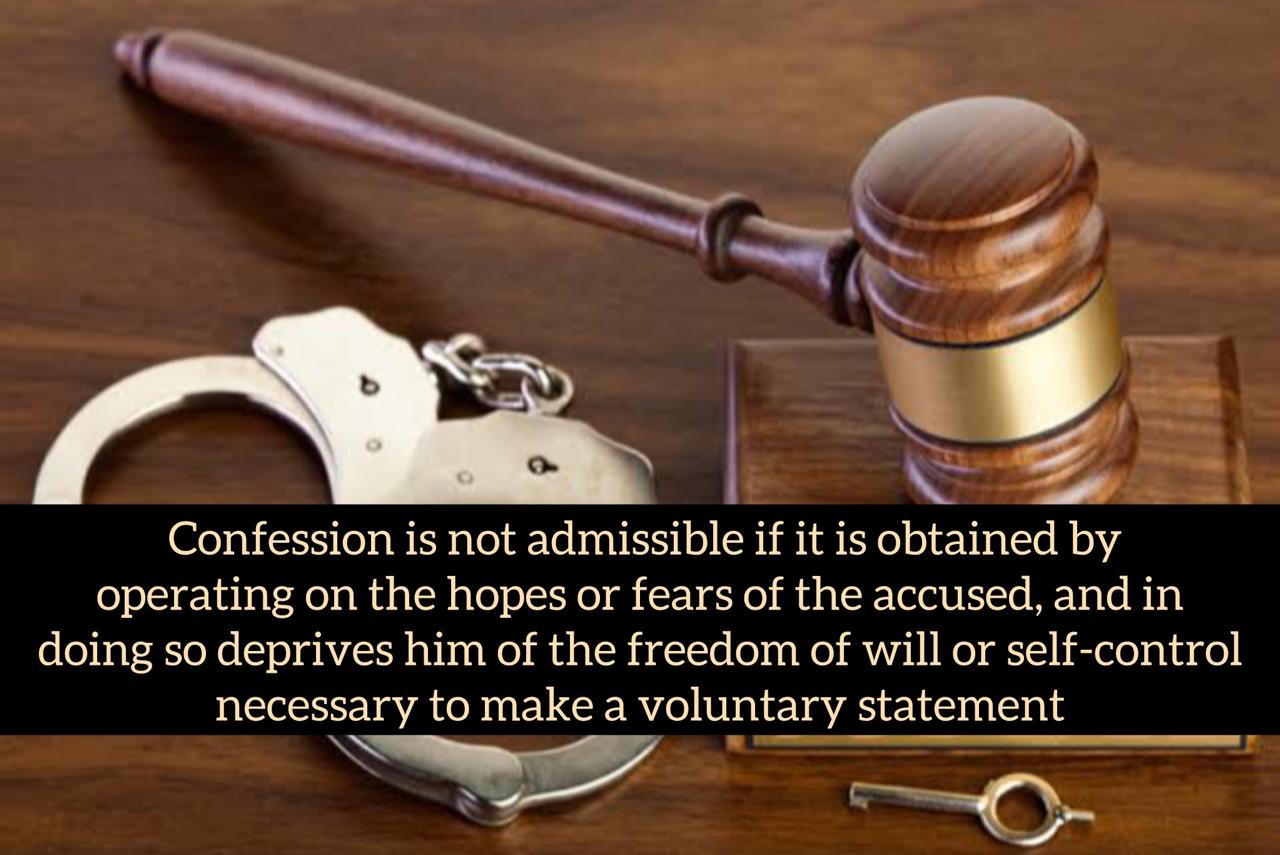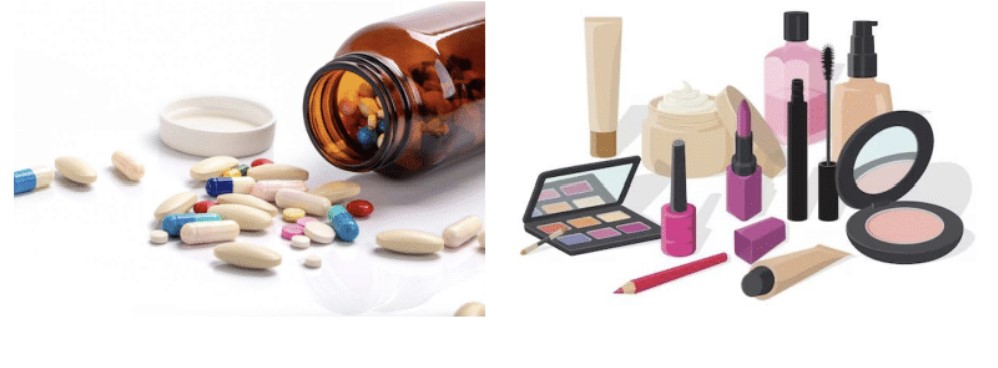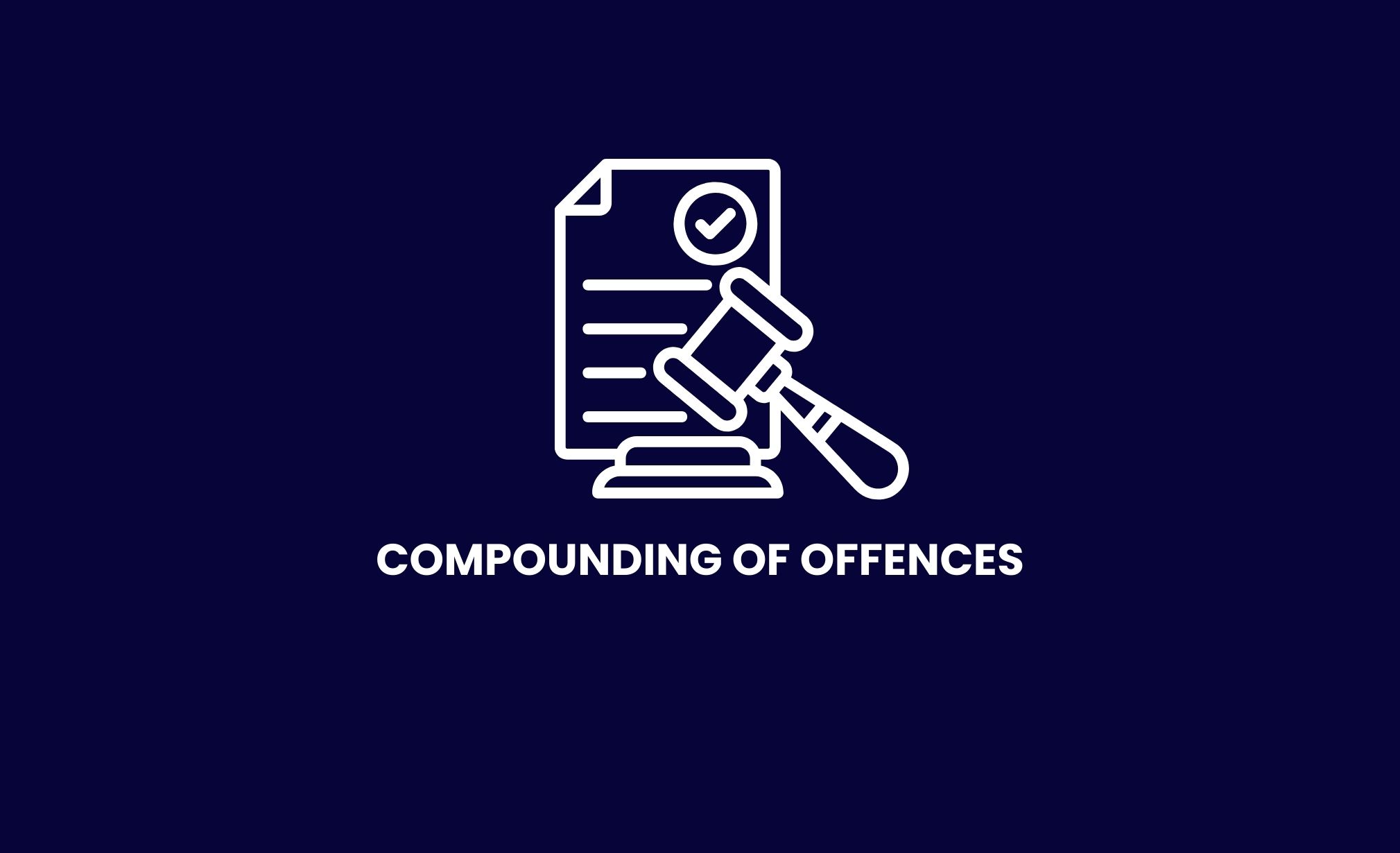In
many cases, civil remedies are found to be more effective and quicker. the
civil court has been bestowed with the plenary power of granting of Ex-Parte
interim injunction even without hearing the opposite party. where personal
liberty or life is put in danger, a person has the right to approach a Civil
Code for a grant of an expert in junction under order 39(1)(2) showing the
prima facie case, the balance of convenience and the irreparable loss and
injury that cannot be compensated by monetary terms.
The
threats and engagement of goons for harassment are routinely seen in the
business world or even in social life. If such a situation arises the aggrieved
person has no remedy but to approach the police. Even if the FIR is registered
against a person for illegal threats, due to political power and muscle power,
many times it is seen that even the police are reluctant to act against such
persons for varieties of reasons. It is now increasingly felt that civil
remedies are good options against goons and threats which are immediate and
easy to obtain. In a civil society, there is no scope for threats and invasion
of privacy and peace of the citizen. Article 21 of the Constitution of India
guarantees the protection
of life and personal liberty.
GOONS THREATENING RECOVERY
In
a case before the Delhi High Court, it was claimed by the Plaintiff that the
goons are threatening him for the recovery of money and chasing for recovery at
home and office. While the dispute raised by the recovery agent is of ₹ 70.00
Crores, as per the Plaintiff there was no liability at all and they had paid
all amount. Plaintiff claimed that even if any amount of money is payable,
threats are not justified and the claimant can approach the civil court for
recovery.
Delhi
High Court granted Ex-Parte injunction restraining the defendant from
harassing, and encroaching upon the property or office of the Plaintiff and
directed the police to comply with the order of the court.
Indeed,
there shall not be any dishonesty in the business and transparency and honesty
must form the basic foundation of any business, but at the same time, nobody
shall be allowed to exploit the other person with their money power and muscle
power. The act of threatening is commonplace and it must have been witnessed by
many business houses or even a common man. For every action there cannot be
justification for adopting an illegal way and any illegal means is not
permissible. Ruling against the use of threat or muscle power for the recovery
of credit card dues in ICICI case Manager,
ICICI Bank Ltd. Vs. Prakash Kaur and Ors. (2007)2SCC711
it was held that:
2 “In conclusion, we say
that we are governed by a rule of law in the country. The recovery of loans or
seizure of vehicles could be done only through legal means. The Banks cannot
employ goondas to take possession by force”.
18. Before we part with this matter, we wish
to make it clear that we do not appreciate the procedure adopted by the Bank in
removing the vehicle from the possession of the writ petitioner. The practice
of hiring recovery agents, who are musclemen, is deprecated and needs to be
discouraged. The Bank should resort to a procedure recognized by law to take
possession of vehicles in cases where the borrower may have committed default
in payment of the instalments instead of taking resort to strong arm tactics.
CIVIL COURT REMEDIES AGAINST THREATS AND MUSCLE POWER:
Court
of Civil Procedure,1908, Law of Tort and common law remedies are handy for
obtaining an injunction restraining the use of muscle power and threats.
Under civil remedies following relief can be asked by the Plaintiff before the
Civil Court:
• Interim injunction.
• Damages against loss of reputation,
peace of mind and harassment.
• Punitive damages.
• Attachment of properties for contempt of
the interim injunction.
•Permanent injunction.
The object of
criminal law is to punish an offender if the offence is proven but this does
not bar the civil remedies for suing the offender. The purpose of both remedies
may be different. The complaint may be filed for determination of penal
consequences and a civil case may be filed for compensation against the
financial loss or punitive damages due to the act of the defendant. There is no
bar for the action simultaneously. Both criminal and civil remedies can go side
by side.
POSSIBLE APPLICATION OF CIVIL REMEDIES IN DRUGS CASES BY CONSUMER
Civil remedies can also be applied in case of spurious or
counterfeit drugs. As per section 32, a Consumer Association or a Consumer can
file a complaint against a drug not of standard quality. That does not stop him
from filing civil proceedings also for punitive damages and restraining the
companies from carrying on business in violation of the law endangering the
life of people. Manufacturing drug Not of Standard Quality is also a criminal
offence for which civil remedies cannot be denied in addition to the
punishments prescribed under section 27 of the Drugs and Cosmetics Act, 1940.
Disclaimer:
The opinion is a
personal opinion of the author based upon the material available to the author.


